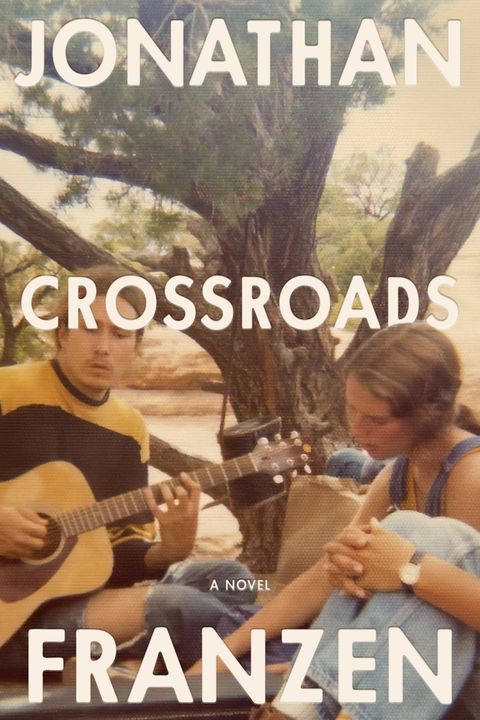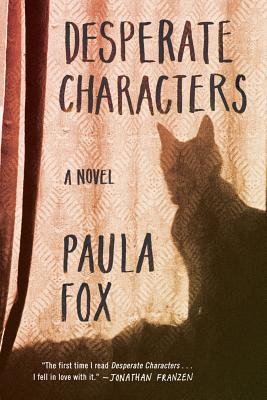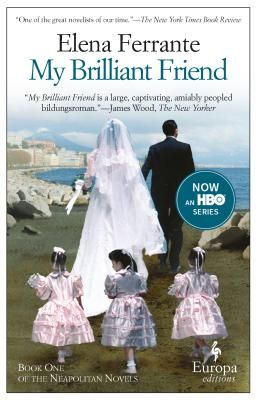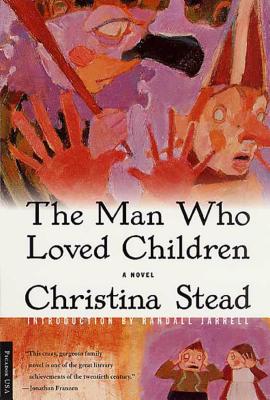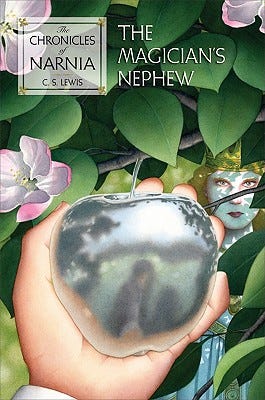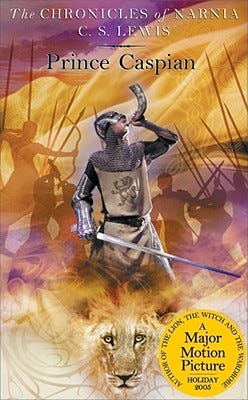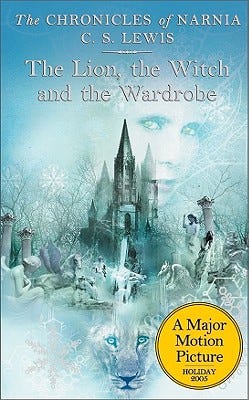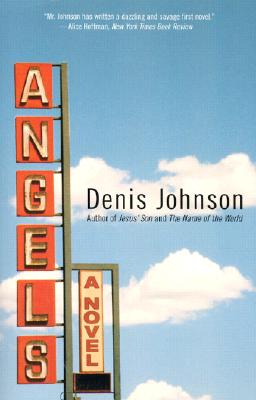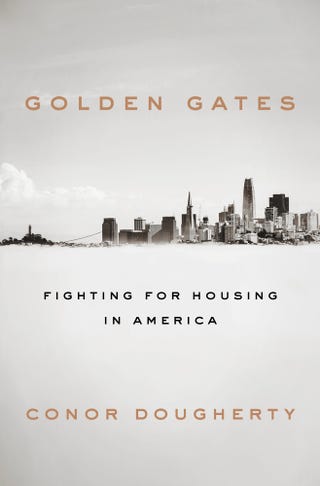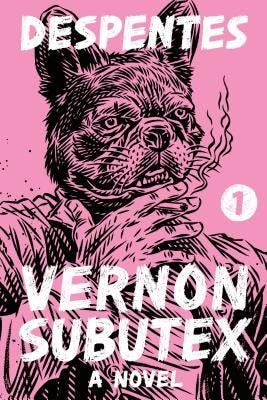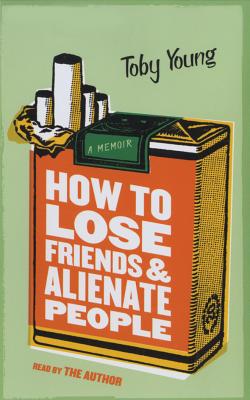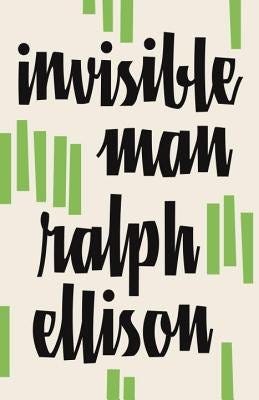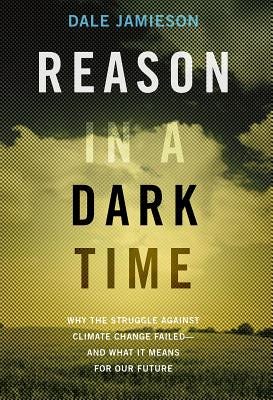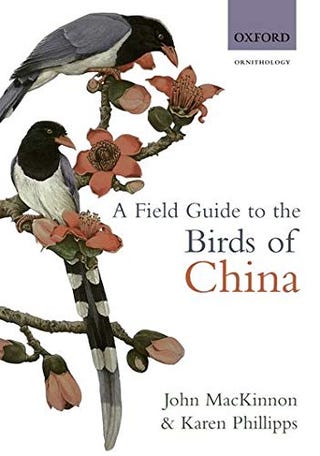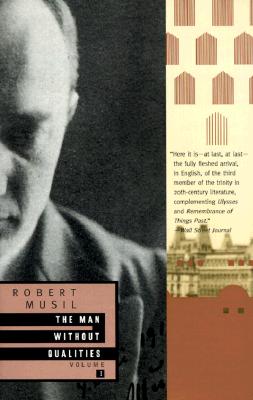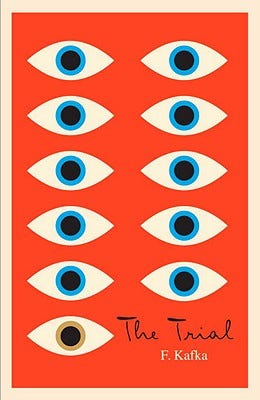Welcome to Shelf Life, ELLE.com’s books column, in which authors share their most memorable reads. Whether you’re on the hunt for a book to console you, move you profoundly, or make you laugh, consider a recommendation from the writers in our series, who, like you (since you’re here), love books. Perhaps one of their favorite titles will become one of yours, too.
Jonathan Franzen’s sixth novel Crossroads (Farrar, Straus and Giroux), published today, won’t be his last as it is the first book in a planned trilogy called A Key to All Mythologies about a suburban Chicago family in crisis in the 1970s. Middlemarch readers may recognize the nod to Edward Casaubon’s unfinished work in George Eliot’s novel.
In addition to The Corrections, which won the National Book Award and was a finalist for the Pulitzer Prize for Fiction, the suburban St. Louis-raised, Santa Cruz, CA-based Franzen has written five works of non-fiction.
An early environmentalist, he’s an avid birder (a favorite: the towhee) especially concerned about the shrinking population of seabirds. He has also written and spoken about climate and conservation for The New Yorker and National Geographic among others and received the EuroNatur Award for Environmental Excellence.
The book that:
…helped me through a breakup:
Paula Fox’s Desperate Characters.
…made me weep uncontrollably:
Weeping is a gentle word. When I’m moved, I get seized by tears, and they’re more often tears of joy than of sadness. Like the moment, near the end of Elena Ferrante’s My Brilliant Friend, when the words of the book’s title are uttered for the first and last time and the reader experiences, along with the narrator, Lenu, a sudden radical reordering of her understanding of her place in the world. I was as surprised as Lenu, and her joy might as well have been my own.
…I recommend over and over again:
I’ve become a broken record on the subject of Christina Stead’s The Man Who Loved Children. I recommend it knowing that more than half the people who try it aren’t going to like it, because the people who do like it are likely to absolutely love it, and to agree with me that it’s one of the great novels of all time.
…shaped my worldview:
Let me take this opportunity to raise my own cry of dismay at C.S. Lewis’s publishers’ idiotically literal-minded decision to reorder the seven Narnia chronicles so that The Magician’s Nephew—a book whose impact depends on our having read the previous five chronicles—now comes first. The rightful second (not third) chronicle, Prince Caspian, is my favorite of the seven, and, to the extent that any book can shape a worldview, three aspects of Prince Caspian shaped mine. 1. The book posits that goodness is real and evil is real, and that the difference matters, which is quite a revelation for a 10-year-old reader. 2. The story is set many centuries after The Lion, the Witch, and the Wardrobe (the first—not second—chronicle), and the English children returning to Narnia encounter a once-familiar world that has fallen into ruin even as they themselves have barely aged. The uncanniness of this gave me my first intimations of the mystery of time, the almost unreality of time, and my earliest sense that I was living inside history and coming late to it, inheriting a world in which things have fallen apart. 3. Prince Caspian is about a band of Talking Animals and good dwarves and other misfits who’ve been driven underground by a soulless, hegemonic modernity. The novel unlocked what became a lifelong sympathy for the banished, the outnumbered, whether it’s the people who still care about books, the people who can’t subscribe to prevailing dogmas, or the wild animals persisting in a human-dominated world.
…I read in one sitting, it was that good:
At the center of Denis Johnson’s first novel, Angels, is a nightmarishly ill-fated bank robbery. I was alone in a borrowed apartment in Somerville, Massachusetts, and I started reading the book at breakfast. Eight hours later, I was a quivering mess—partly, yes, because I’d been drinking coffee without eating anything, but mainly because the story is so suspenseful and emotionally devastating, the writing so electric and sensationally good.
…currently sits on my nightstand:
Conor Dougherty’s Golden Gates: Fighting for Housing in America, which I’m halfway through and seriously admiring. It focuses on the acute shortage of affordable housing in the San Francisco Bay Area—a topic you might expect to read about dutifully, not for pleasure. But Dougherty has a gift for making complex policy problems both clear and compellingly readable, and for rendering his characters with unsentimental sympathy. However much attention the book got when it was published, last year, I’ll bet it didn’t get nearly enough.
…I first bought:
My grade school, in Missouri, was one of many schools that had a relationship with a publisher of ultra-cheap paperbacks for children. Once or twice a year, my class would get a catalogue from which, as I remember it, every kid had to choose at least one book and I would obediently choose three or four. The prices were like 40 cents and 50 cents. And there was always one book of cartoons in the catalogue, and always, always, every kid would choose it, because we were kids. And then, a month later, the box would arrive and the books would be distributed to their buyers, and the cartoon book would be shitty and disappointing—stupid even by grade-school standards, disposable in less than five minutes. But this never stopped us from ordering the next cartoon book.
…I last bought:
Vernon Subutex, by Virginie Despentes.
…has the best title:
My vote goes to How to Lose Friends and Alienate People, by Toby Young. I think of the title every time I have anything to do with the moralizing hotheads on Twitter.
…has the best opening line:
For the sheer weight of everything it signifies: “I am an invisible man.” (Ralph Ellison, Invisible Man.)
…should be on every college syllabus:
I get why people in their teens and 20s are angry at people of my generation for failing to solve the problem of climate change. But it’s important for younger people to understand how infernally difficult—not to say impossible—the problem was to solve. For that, there’s no better book than Dale Jamieson’s Reason in a Dark Time: Why the Struggle Against Climate Change Failed—And What It Means for Our Future. Honesty and realism aren’t standard features of books about climate change, but Jamieson’s book abounds with both. I could also have named it as a book that has shaped my worldview.
…I brought on my only trip to China:
Some of the best-leveraged dollars in the history of conservation were surely the dollars spent by the World Wildlife Fund to translate, into Chinese, A Field Guide to the Birds of China, by John MacKinnon and Karen Phillipps, and to subsidize its publication, so that the book would be affordable to ordinary Chinese citizens. Until the year 2000, there was no practical, color-illustrated field guide to China’s birdlife; ornithologists relied on decades-old academic texts with blurry black-and-white photographs. Not coincidentally, there were vanishingly few amateur birdwatchers in all of China. Today, 20 years after the translation appeared, the country has hundreds of thousands of amateur bird enthusiasts raising awareness of nature, contributing valuable data to science, and even, in some cases, publicly advocating for better nature protection. It’s no exaggeration to say this all began with the WWF’s modest sponsorship of MacKinnon and Phillipps’s book. Even though it was February and bitterly cold, I used the English version throughout my trip.
…I’ve re-read the most:
Paula Fox’s Desperate Characters.
…makes me feel seen:
Paula Fox’s Desperate Characters. I’ve written elsewhere about how this short novel, which is about a woman in Brooklyn who gets bitten by a stray cat, and which I first read in 1991, following my separation from my then wife, not only rescued me emotionally but changed the course of my work as a novelist. Instead of repeating what I’ve already written, I’ll mention a book that had helped me stay in my marriage seven years earlier: the old, much-abridged English translation of Robert Musil’s The Man Without Qualities. This novel I read in the same borrowed Somerville apartment, during an intense August heat wave. The apartment was on the top floor of a triple-decker, and all day the sun beat down on the roof, which then baked the apartment for most of the night. My wife and I had spent the summer talking about the possibility of divorce, and now there we were, in that oven of an apartment. The only relief, after dark, was to put a box fan in a window, blowing out, and to sit in front of another window to catch the slightly less hot air being sucked in. The heat was still nearly intolerable, and so I started reading Musil. The novel’s stately pacing and its long, dense paragraphs were just the kind of work I needed to disappear into. I sat in front of that window for six nights, immersed in Musil’s sly humor and the (much less baking) world of his Vienna. Reading him was also an escape from the heat of domestic strife, which didn’t abate until a crisp autumn cold front came through Somerville. I wonder if, without that escape, I might have been divorced 10 years earlier.
…I’d want signed by the author:
Franz Kafka’s The Trial. I’m not much of an antiquarian, but here is something that really did make me weep: seeing and handling a Kafka manuscript in the literary archive in Marbach, Germany. Although there has been some contention about which country should own and house Kafka’s archive, I was happy to have a chance to go into the vault at Marbach. I didn’t expect to cry there, but Kafka’s work and his personal history have a unique status in my imagination, an almost holy presence, and it was overwhelming to suddenly experience him as an ordinary person—a person who’d handled those now-fragile pages, a person who’d made his mark on them, a person like you or me.
This content is created and maintained by a third party, and imported onto this page to help users provide their email addresses. You may be able to find more information about this and similar content at piano.io

